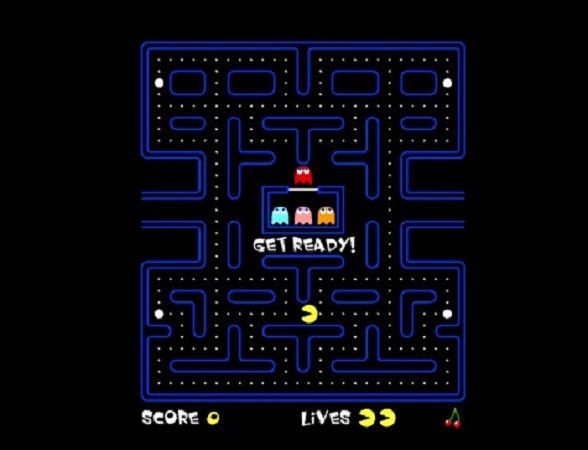The Internet Archive will preserve all your favourite Flash games and animations.
Were you also upset with the news that Adobe Flash is going to meet its end of life on December 31st of this year? If yes, then there’s great news for everyone concerned about the Flash end of life planned for the end of 2020: The Internet Archive is now emulating Flash animations, games, and toys in their software collection. I agree that if we see Flash games now, they seem quite outdated, but if you were a kid growing up in the 2000s, you’ll probably always have a soft spot for Flash games.
After years of keeping Flash on life support, Adobe plans to pull the plug on its famous internet software during December 2020. But don’t worry, the Internet Archive has a plan to keep the content alive. The Internet Archive is in no mood to see history fade away. Ahead of Adobe’s planned demise for the discontinued web software at the end of 2020, the non-profit digital library of Internet Archive known as the Wayback Machine announced that it will now preserve Flash animations and games.
This initiative by the Internet Archive means that you can continue to play those games and re-experience the classic memes and games from your browser without downloading any funky software. The Internet Archives has already preserved over 1,000 Flash games, including super classics like “Peanut Butter Jelly Time”, “All your base are belong to us”, “Badger”, “Homestar Runner”, and “Yeti Sports”.
The Internet Archive is using an in-development beta Flash emulator called Ruffle for its archival purposes and will be used to handle the technical elements in your browser. Although the Ruffle’s developers are saying that the emulator can’t handle most Flash projects that were built after 2013. But let’s not forget the fact that this is only the beginning.
History of Flash games:
The period of Flash games was considered one of the most creative periods in the history of gaming. Flash games were the gateway for many developers in the games industry. It all started in 1996 when the Flash player was first released. In the early 1990s, web browsers were stronger as compared to before. The arrival of HTML changed everything as it allowed to generate documents that could mix both images and texts.
Flash had a lot of advantages to people of that era; it ran on every kind of PC without issue through a web browser, most games were nice and tiny downloads that wouldn’t get noticed too much on a network, and they just worked the majority of the time.
From roughly 2000 to 2005, Flash was at the top of the heap for a generation of creative artists, animators, and small studios. Literally, thousands of individual works were released on the web during that time. The period was the height of Flash. Nearly every browser was having a “Flash Plugin” to make it work, thousands of people were experimenting with Flash to make art and entertainment, and an audience of millions, especially the young ones.
The fall of Flash games:
Macromedia was acquired by Adobe in 2005, which renamed Flash to Adobe Flash and began extensive upgrades and changes to the Flash environment. The upgrades brought significant headaches and security problems.
In 2010, when Apple CEO Steve Jobs released an open letter called “Thoughts on Flash”. The letter was criticized and received strong condemnation from Adobe. With this, Apple in the same year announced that it would not allow Flash games on iOS. In November 2011, Adobe announced that it was ending the support of Flash for mobile web browsers. Simultaneously in 2017, Adobe announced that it is discontinuing Flash altogether for 2020.
However, with the arrival of HTML5 in 2014, it was predicted that the Flash games were soon going to lose their popularity as HTML 5 had significant support for animation, sound and video at the browser level.
What made Flash games great?
It’s hard to forget the contributions that Flash made to the gaming world. The Flash games achieved so much popularity and are still close to people’s hearts because of the fun they used to provide. They were easy to pick up but hard to master. Fun Flash games usually do a great job of nailing the look and feel. The Flash games still hold a feel of originality and never forgets to make us feel nostalgic about playing them.
Internet Archive saved Flash games:
According to the reports, the Internet Archive has been preparing to save the Flash games and animations for quite some time now. Back in November 2011, Adobe announced that it was ending the support of Flash for mobile web browsers, and in 2017, it decided to discontinue Flash altogether for 2020.
The Internet Archive made the decision to preserve the old Flash animations in recognition of the importance the software had for everyday internet users back in the 2000s. The decision came in order to preserve the classic games we used to play in our childhood for future generations.

